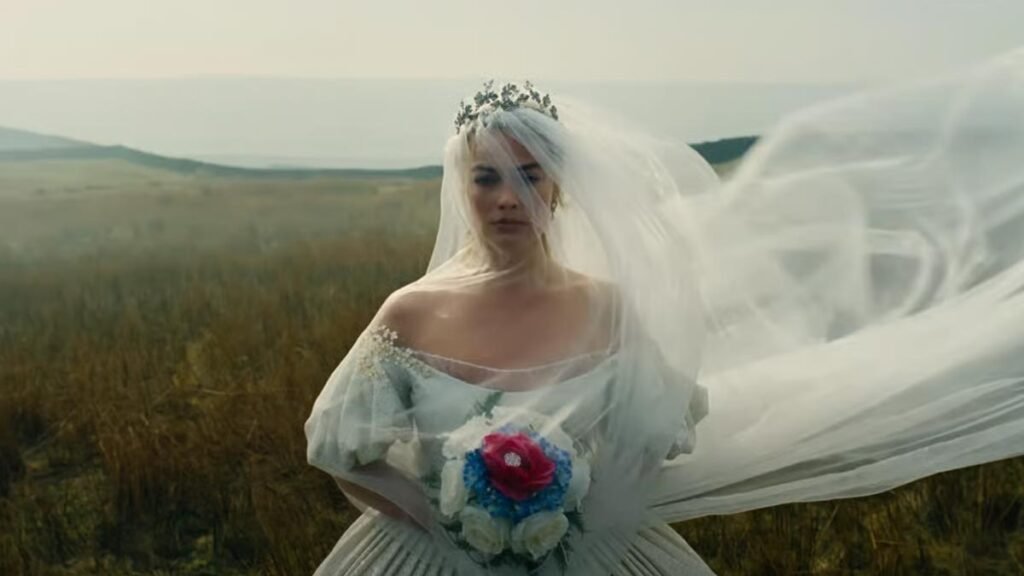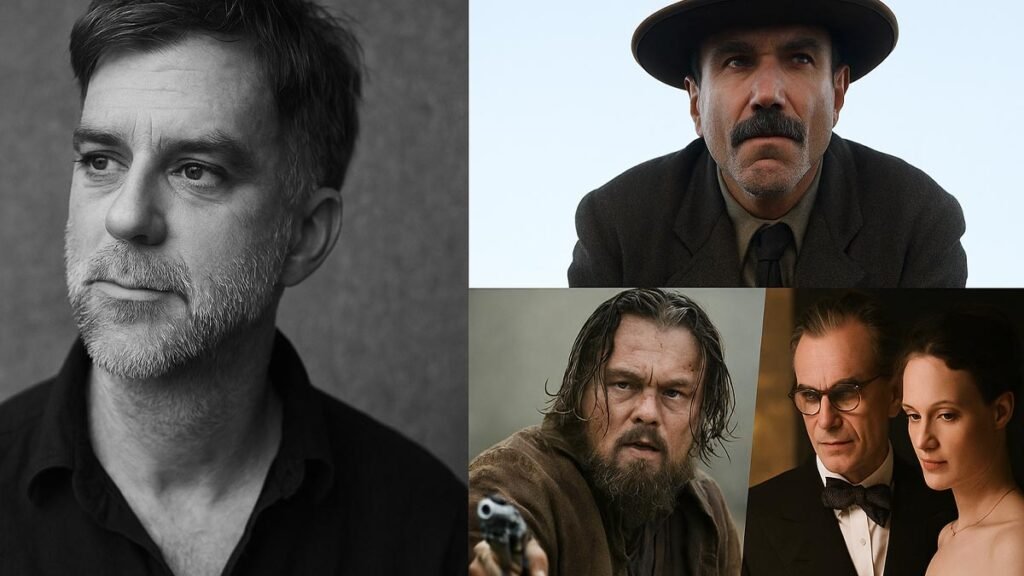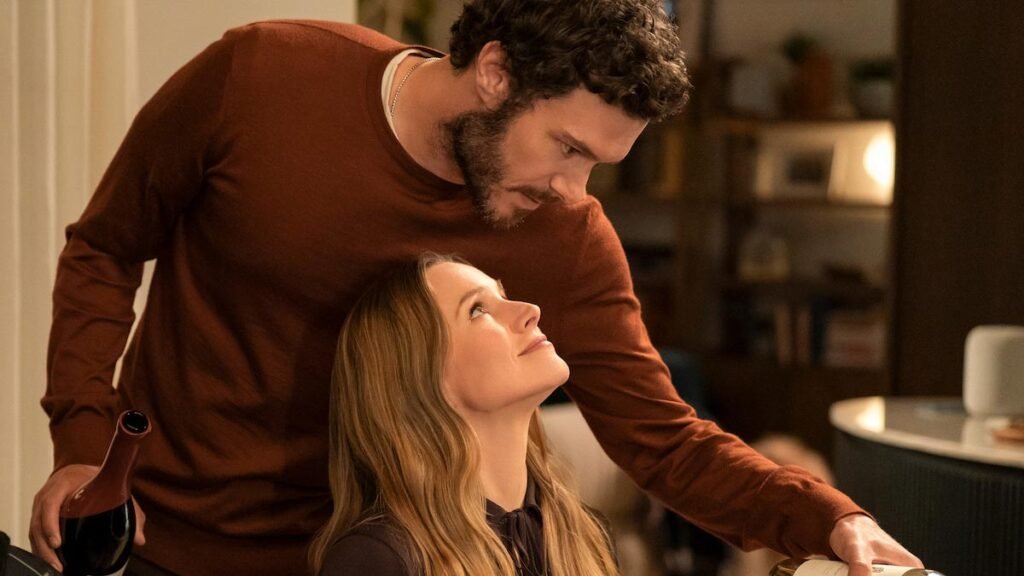Academy Award winner Emerald Fennell is returning to the director’s chair with a bold reimagining of Emily Brontë’s Wuthering Heights. The film, led by Margot Robbie and Jacob Elordi, has already become one of 2026’s most discussed releases — not just for its star power but also for the fierce debates it has sparked. Scheduled to hit theaters on February 13, 2026, the project has all the makings of a cultural flashpoint.
From Promising Young Woman to Brontë
Fennell, who won an Oscar for her Promising Young Woman screenplay and later helmed the polarizing hit Saltburn, has consistently gravitated toward stories where desire, power, and violence collide. With Wuthering Heights, she is tackling one of literature’s most enduring and unsettling romances.
The director first teased the project in mid-2024 with a striking image captioned, “Be with me always. Take any form. Drive me mad.” Soon after, Warner Bros. secured the rights in a dramatic bidding war that pitted them against Netflix. According to industry reports, Netflix floated a $150 million bid, but the filmmakers opted for Warner Bros.’ $80 million theatrical-focused deal, with MRC financing and Robbie’s company LuckyChap producing.
Who’s in the Cast?
The central pairing reunites Fennell with Jacob Elordi (Heathcliff) after Saltburn, alongside Margot Robbie as Catherine Earnshaw. The ensemble features:
- Hong Chau as Nelly Dean, the story’s narrator
- Alison Oliver as Isabella Linton
- Shazad Latif as Edgar Linton
- Martin Clunes in a supporting patriarchal role
- Owen Cooper and Charlotte Mellington as younger versions of Heathcliff and Catherine
Filming took place across the Yorkshire moors from January to April 2025, and the first teaser trailer debuted in September 2025, set to Charli XCX’s track “Everything is Romantic” (feat. Caroline Polachek).
Why the Casting Sparked Backlash
Since its announcement, the project has faced scrutiny, particularly over the casting of Elordi as Heathcliff. Scholars have long pointed out that Brontë’s character was described with language suggesting non-European heritage — possibly Romani, mixed-race, or North African. Critics argue that casting a white actor erases a rare 19th-century literary depiction of “otherness.”
Fans have also noted age differences: Robbie (34) and Elordi (27) are considerably older than the teenage characters they play, shifting the story’s “adolescent tragedy” into a more adult space.
Still, Elordi has defended the project, calling it “a breathtaking romance” and “a true epic.”
Early Reactions and Fennell’s Vision
Reports from industry insiders describe the film as provocative, abrasive, and visually daring — traits consistent with Fennell’s prior work. Speaking about the adaptation, she emphasized wanting to capture its “primal” energy, where “comedy and horror, sex and death” intertwine.
This approach suggests audiences can expect something closer to Saltburn’s bold provocation than a safe period drama.
Legacy of Wuthering Heights on Screen
Brontë’s only novel has been adapted repeatedly:
- 1939 — William Wyler’s Hollywood version with Laurence Olivier
- 1992 — Ralph Fiennes and Juliette Binoche in Peter Kosminsky’s take
- 2011 — Andrea Arnold’s atmospheric version with Kaya Scodelario and James Howson
Fennell’s interpretation enters this lineage at a moment when Gothic tales are being rediscovered for contemporary cinema.
Why This Release Matters
Timed for Valentine’s Day weekend 2026, Warner Bros. is clearly positioning Wuthering Heights as both a romantic epic and a cultural event. With Fennell’s fearless vision, Robbie’s star power, and Elordi’s rising profile, the adaptation is poised to dominate conversation long after its release — whether embraced as a masterpiece or critiqued as too radical.


